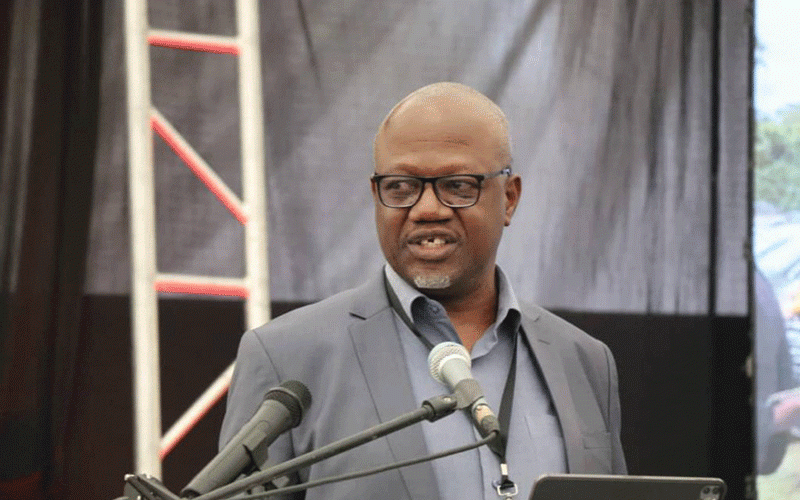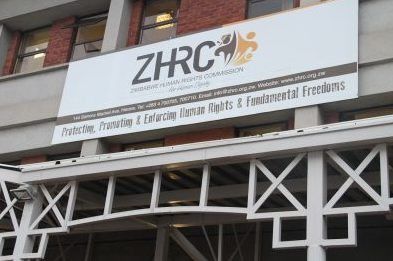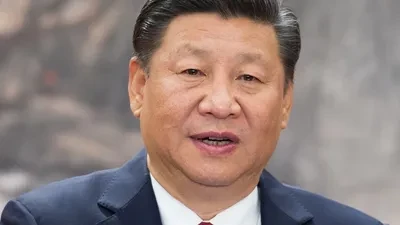
GOVERNMENT has launched an ambitious plan to transform the mining sector into a US$12 billion export industry by the end of 2023.
The plan was launched in October 2019 as a key pillar to sustainable economic growth, but this will represent a 275% jump from the US$3,2 billion realised through minerals exports in 2018.
The blueprint targeted gold output of US$4 billion per year, with platinum coming in second at US$3 billion. Diamond mining and polishing was set at US$1 billion, and other minerals like lithium, chrome, nickel, coal, and so on were targeted at US$3 billion.
NewsDay (ND) reporter Vanessa Gonye recently spoke to Minerals Marketing Corporation of Zimbabwe (MMCZ) general manager Tongai Muzenda (TM) on the US$12 billion target and the marketing of minerals among other things. Below are the excerpts of the interview.
ND: The country, if I recall, last year set a target of reaching US$12 billion in the mining industry by 2023. Has this been achieved? Please shed more light.
TM: Yes, we set a target for the mining industry of US$12 billion by end of this year and we are on course to get to the US$12 billion dollar mark.
ND: This target was deemed ambitious. In your view, what was the major strength of the ambition?
TM: This is not an ambitious target, it’s actually calculated based on the minerals which we think we will be exporting, like your coal, ferrochrome, lithium and so forth. So, it’s not ambitious, but I think it can be achieved.
- Disgruntled chrome miners meet govt over poor prices
- MMCZ moves to tackle chrome price crisis
- Small scale miners call for gemstone trade liberalisation
- ZCDC scouts global markets
Keep Reading
ND: As per your mandate of monitoring marketing of minerals on the international market, what are some of the challenges being faced?
TM: Well, humans being humans, some people try to export without proper documentation which is basically pilferage and people wanting to export illegally without paperwork, without the legal ways of doing business.
ND: Besides diamonds, which other minerals are under your mandate?
TM: The law, the Minerals Marketing Corporation of Zimbabwe Act says it is responsible for marketing all minerals produced in Zimbabwe except for gold and silver which are the preserve of the Reserve Bank of Zimbabwe.
ND: There are mineral leakages through our porous borders, what have you done as MMCZ to plug the leakages?
TM: As I said earlier on, our mandate is to market minerals. The second mandate is to account for all minerals exported from this country so we have departments in the MMCZ; one of them is the monitoring department which monitors the export of goods. The other department is called the inspectorate division.
We try to make sure that whatever is exported is legally exported and has the correct documentation. We also work hand in glove with other arms of government like the Zimbabwe Revenue Authority (Zimra) Flora and Fauna, among others to curb all these leakages. I’m not saying we have curbed everything; we still have some cases where we find criminal elements and thieves in the country.
ND: What is MMCZ doing to be part of the US$12 billion target?
TM: We are the US$12 billion dollar target; we work together with all miners in the country, all investors who come to Zimbabwe, local and foreign investors to get the $12 billion target.
Actually, that is our target as MMCZ, which was pronounced by Mines and Mining Development minister Winston Chitando and we launched that programme with the President of Zimbabwe, His Excellency Emmerson Mnangagwa.
ND: You were supposed to be controlling the marketing of gold. How far have you gone with the processes? Are you prepared?
TM: That’s not correct; we don’t control the marketing of gold. The marketing of gold as I said earlier on is the preserve of the Reserve Bank of Zimbabwe, with its arm called Fidelity Gold Printers.
ND: The proclamation, last year, that some of the royalties were (are) going to be paid using actual minerals +50% mineral, 10% foreign currency and 40% local currency won’t that have implications on the US$12 billion target?
TM: I don't think it will. It will be the same amount which is being collected. For example, if we are going to be collecting 10% of the value of diamonds as cash, it’s the same as collecting 10% of the actual gem. It doesn’t really change anything and it won’t affect the US$12 billion dollar target.
ND: There is a lot of corruption associated with minerals. As the premier marketing organisation for minerals, what kind of questions and concerns do investors raise over these issues?
TM: The issue of corruption is everywhere, not just in Zimbabwe. So the corruption issue in Zimbabwe — I’m glad we got the Zimbabwe Anti-Corruption Commission (Zacc) and they are doing their job, and so is the police and everybody who is trying to make sure that corruption reduces. We at MMCZ don’t condone corruption and anyone who is caught involved in corrupt activities will be brought to book.
ND: Are you making any effort to market the minerals on international commodity exchanges, and are you facilitating on behalf of miners on international commodity trading platforms?
TM: This is one of the things we are working on right now, and we are also working together with the Victoria Falls Stock Exchange so that we can come out with a platform for marketing internationally. But we already do marketing internationally as our main role is to market internationally.
ND: Should you not allow or create a platform where miners can sell internationally without you being involved?
TM: No, no, no, that is very dangerous. The reason why MMCZ was created in 1983 by wise men and women in the House of Parliament was to curb transfer pricing and to curb leakages and to be able to monitor what is going outside the country. Otherwise if we allow everyone to do what they want willy-nilly, the country will lose a lot of foreign currency and our minerals will not benefit the country. So we will need someone to always monitor those.
ND: Anything you would like to add?
TM: I would say we are doing relatively well as a country in the mining industry. I’m glad also to tell you that last year; the total mining industry exports were just over US$5 billion; that is including gold. Like I alluded to earlier on, we market every other mineral exported from this country except gold and silver. This year we aim to get as high as US$8 billion. We have new projects coming in; projects from the lithium side where there are a lot of mines which have come in, and we think we will be more than a US$3 billion dollar industry. We have a lot of coal projects which have started in Hwange in the last few years and most of them are coming to fruition, so there is a lot of exciting things happening. Our chrome is being value added into ferrochrome and steel. We have a steel plant in Manhize between Chivhu and Mvuma where we will have a steel plant. In my mind, I’m very excited about the mining industry and we are going to do well. We know God is on our side, these God-given minerals will benefit Zimbabwe.










